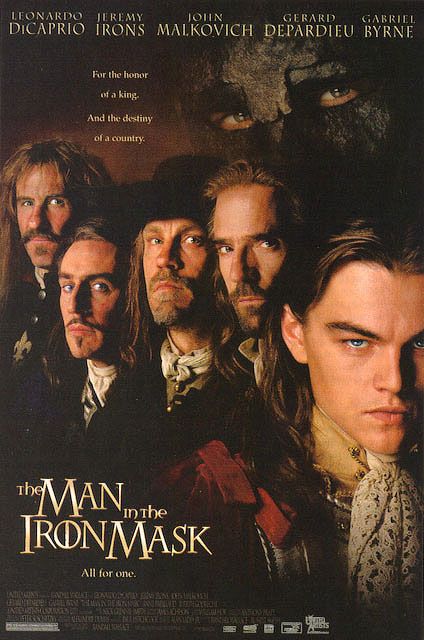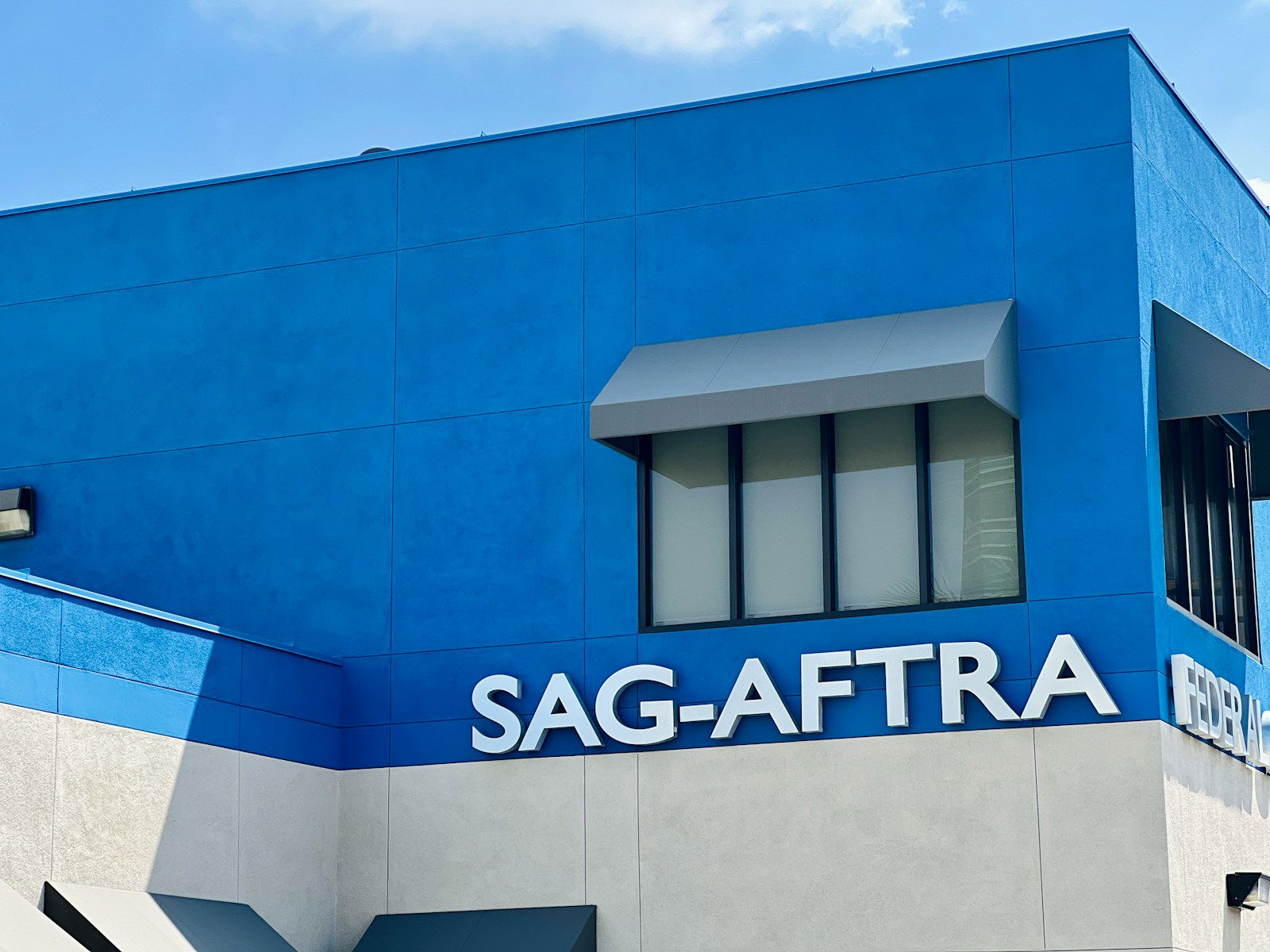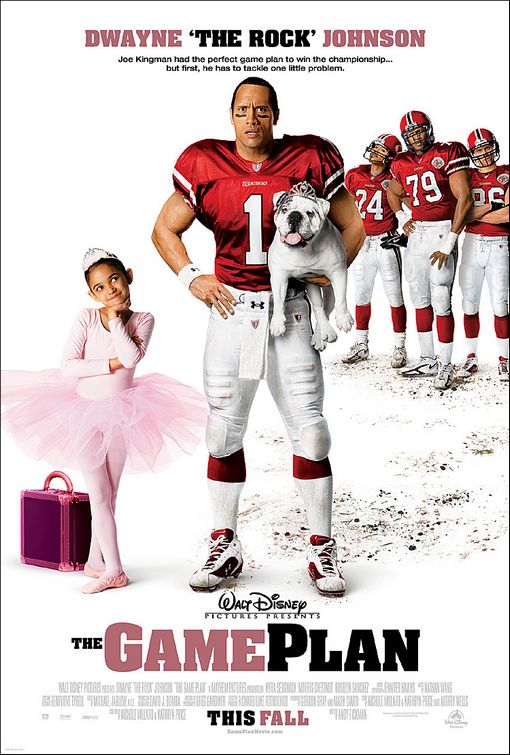SAG-AFTRA Video Game Strike Drags on Over AI Protections
By Movieguide® Contributor
Video game actors associated with SAG-AFTRA have been on strike for seven months and are no closer to a deal as the major studios refuse to see eye-to-eye on AI protections.
Video game actors associated with SAG-AFTRA have been on strike for seven months and are no closer to a deal as the major studios refuse to see eye-to-eye on AI protections.
Earlier this week, union negotiators released a document revealing how the studios’ latest proposal reveal that they are not serious about providing sound protections against AI. Similar to the 2023 dual writers’ and actors’ strikes, video game performers initially went on strike with a long list of demands, such as higher wages, better benefits, and protections against AI. As with the previous strikes, everything other than AI has been hammered out long before the two sides can agree on the future of the technology.
In October, the two sides claimed to have agreed on 24 out of the 25 areas they were negotiating, with AI being the last thing on the table. Five months later, this question still remains, with neither side willing to budge.
The document released by SAG-AFTRA reveals that the provisions being proposed by the studios would, without the explicit consent of performers, allow them to use previous work to create AI replicas and blend multiple performances to create AI-generated works while also leaving loopholes in the language as to what consists of AI-generated performances, along with no accountability to ensure performers are properly compensated for any AI-replicated work they are involved in. Essentially, the contract proposed by the studios leaves the door open for SAG-AFTRA’s worst nightmare, allowing the studios to completely replace actors with AI-replicas and provide no compensation for those they are basing their models on.
Meanwhile, union negotiators are calling for similar protections to those secured by previous deals, ensuring their performers are protected from being AI-replicated in any way without their consent, and that those being replicated are properly compensated for their likeness.
While part of the problem for the union is that they lack the public pressure they had for 2023’s dual strikes, there are further complications as who qualifies as a video game actor is also part of the debate. For example, the studios do not want to consider motion capture artists as actors, which would leave their work vulnerable to being taken over by AI, forcing most, if not all, motion capture artists to lose their jobs.
“I can crawl all over the floor and the walls as such-and-such a creature, and [the studios] will argue that is not performance, and so that is not subject to their AI protections,” explained Andi Norris, a motion capture performer who is part of the union’s negotiation team.
Yuri Lowenthal, the voice of Spider-Man spoke to Variety about the situation. “It boils down to three things for me. One is consent that you don’t use the data that you’ve recorded from us to manufacture a performance that we had no say over,” Lowenthal said. “Two, compensation: if you’re going to do something like that, then we deserve a piece of that. Otherwise, actors won’t get paid anymore, and it’s all over for us. And three: control, being able to track that sort of stuff and know where it’s going.”
While it is unclear what will have to change in order for the two sides to come to an agreement, the studios are likely facing some pressure as not having performers limits their ability to produce their games. Meanwhile, independent studios who sign a contract with SAG-AFTRA are allowed to employ union performers, providing them the ability to continue to produce their games, unaffected by the strike.
Movieguide® previously reported on video games and AI:
Major video game studio Lightspeed L.A. has been approved by SAG-AFTRA to continue working on its next release after agreeing to interim terms regarding AI regulations.
“I am delighted to be partnering with Lightspeed L.A.,” said SAG-AFTRA Executive Director and Chief Negotiator Duncan Crabtree-Ireland. “Their upcoming game may be set in a world of technology run amok, but by agreeing to equitable terms, they’re working to make sure that the real future will not be a dystopian one for performers. My gratitude to Steve [Martin], the entire crew at Lightspeed L.A., and the SAG-AFTRA members working on this project, all of whom made this collaboration possible.”
SAG-AFTRA-represented video game performers went on strike six weeks ago to negotiate more favorable terms when it comes to AI protections. The union had been in talks with major video game studios since October 2022 and had yet to find terms that were agreeable to both sides.
Motion capture performers are particularly fearful of being replaced by the emerging technology, and their job security has been a major sticking point in these negotiations. Lightspeed L.A., however, has broken rank from other major studios and signed an interim deal that will be in place until a contract for the whole industry has been agreed upon. The studio supports the strike and SAG-AFTRA’s efforts to secure strong AI protections.
“Lightspeed L.A. has always recognized and valued the irreplicable role of talent, which injects creativity, innovation, and the human touch into video games,” said Steve Martin, General Manager of Lightspeed L.A. “Supporting our cast is the right thing to do and there was never any hesitation to consider the performer protections that anchor this agreement. We want to thank Duncan Crabtree-Ireland and everyone at SAG-AFTRA for their openness and collaboration to help deliver this agreement.”



 - Content:
- Content: 


